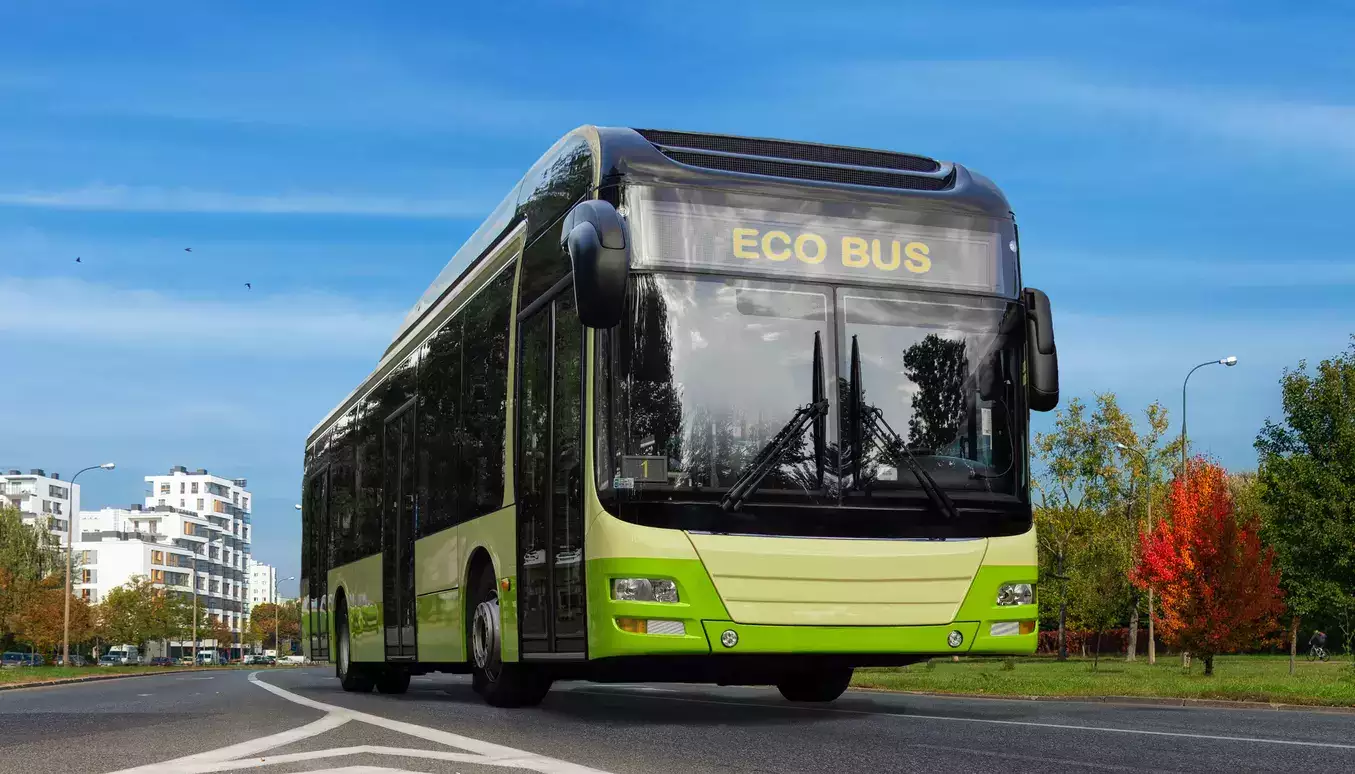Payment security mechanism key to scaling e-bus fleet in FY26

The e-bus sector has seen an order book of over 20,000 buses bid out by public transport authorities (PTAs). Ind-Ra highlighted that the ability of original equipment manufacturers (OEMs) to scale up delivery capacity in FY26 and FY27 is a key monitorable, particularly under timelines set by concession agreements. Operational inconsistencies and deductions related to the same could require sponsor support, the agency noted.
As of December 2024, over 10,000 e-buses have been deployed under various government initiatives. A payment security mechanism (PSM) has been introduced to ensure the replenishment of payment security funds (PSF). Ind-Ra’s analysis indicates that the proposed PSF of INR 34.35 billion can sustain around four months of payments for approximately 38,000 buses operating at 200 km per day, assuming a per-km fee of INR65 and PSM requests raised on 60% of invoices.
“The consistent implementation of PSM will likely improve project bankability and price discovery in future tenders,” said S Suryanarayanan, Analyst, Infrastructure & Project Finance Group, Ind-Ra.
The government has committed INR 282.16 billion to e-bus adoption through multiple schemes. This includes FAME I (INR2.8 billion for 425 e-buses), FAME II (INR 34.35 billion for 6,862 e-buses), PM-eBus Sewa (INR 200 billion for 10,000 e-buses), and PM Electric Drive Revolution in Innovative Vehicle Enhancement (INR 43.91 billion for 14,028 e-buses).
Debt tie-ups for e-bus projects have been largely supported by OEM or sponsor group assurances due to a lack of a proven track record for timely payments from PTAs. CESL will act as the implementing agency for PSM, with state governments utilising direct debit mandates with the Reserve Bank of India to replenish PSF funds in case of non-payment, Ind-Ra said.
“As track records of sizeable e-bus fleets from suppliers emerge, the private sector may adopt e-buses through leasing models to mitigate high upfront costs,” said Divya Charen C, Associate Director, Infrastructure & Project Finance Group, Ind-Ra.
Ind-Ra highlighted that the low operational cost of e-buses could drive private sector electrification, with financial intermediaries leasing buses to private operators under fixed per-km fees or monthly rents. The availability of heavy-duty charging infrastructure remains critical for route planning flexibility and broader adoption by public and private operators, the agency noted.

